What to Do When a Store Goes Under?
October 25, 2012 by warzan
It's a sad fact, but in today's economic climate some stores have had to face closure. But what can this mean to us who have tried to buy something from the store, only to watch it go under? I've taken a look at some of the policies in place to help you know what to do.
OK, so here's the situation. You have just forked over your hard earned wages to buy that super awesome destructo-bot that you're army has needed for a while. Unfortunately, the company which you bought it from has gone bankrupt and you're left without your miniature or your money. What do you do?
Well that it turns out, is not so simple to answer and depends greatly on where in the world you are, below we have taken a stab at pulling together the information we believe is relevant to UK consumers, and while it may be similar where you are from it's up to you to find out. The good news however is in a lot of situations there is something you can do - in a nutshell contact your card company or bank, when you fail to get support or a resolution from your store.
So... in the UK chances are that you will have paid for your miniature using either PayPal, a Credit card, or a Debit card. Each of these payment options has different procedures in place to help you if you have not received your purchase. Let's take a look at Credit and Debit cards first.
Purchases of over £100 made using a Credit card receive protection from Section 75 of the Consumer Credit Act. This means that should your purchase not be delivered, or be infringing upon your rights as a customer (which can be found at the Department for Business Innovation and Skills), your credit company is jointly liable with the company from which you bought the product.
So, as long as your purchase was over £100, you would be able to put a claim in with your Credit card company. The Citizens Advice Bureau provide help in writing a letter for claiming joint liability.
However, Debit cards, along with Credit card purchases under £100, do not receive any protection from Section 75. Instead, some card providers (such as Visa or Mastercard) offer a Chargeback service. This will allow you to claim for purchases which might not otherwise be covered by Section 75.
The details of the Chargeback schemes offered by each of the card companies may differ slightly and you will need to check these beforehand to see if you are viable for a Chargeback claim, but for the most part claims need to be made with 120 days.
Of course, instead of paying with a card you may have used the online services provided by PayPal. PayPal's policies regarding what to do if you don't receive the product you ordered, or there is something significantly wrong with it, can be found on their Legal Agreements page, specifically the Key Payment and Service Information section.
As a customer, you are protected by PayPal's Buyer Protection Policy.
PayPal Buyer Protection Policy
- Our Buyer Protection Policy assists buyers of goods who send payments via the Service to recover a certain amount of funds from sellers.
- It applies when the above mentioned sellers, under certain circumstances, do not send the promised goods, or deliver goods which are 'significantly not as described'. - PayPal
PayPal will provide a refund if a dispute is settled in your favour. However, it is important to note that you must raise the dispute within 45 days. You then have 20 days to escalate it into a claim, so you need to be highly aware of these deadlines when looking for settlement.
The various details of these issues can usually be found with the company you made your payment through, so if you have made an order with a store which has now become bankrupt before you could receive your purchase, be sure to get in contact with payment company as quickly as you can.
If you have any further questions, comments, or clarifications regarding these issues, or have some insight into how the process works in your part of the world, just drop a comment below and ourselves and the community can discuss it.














































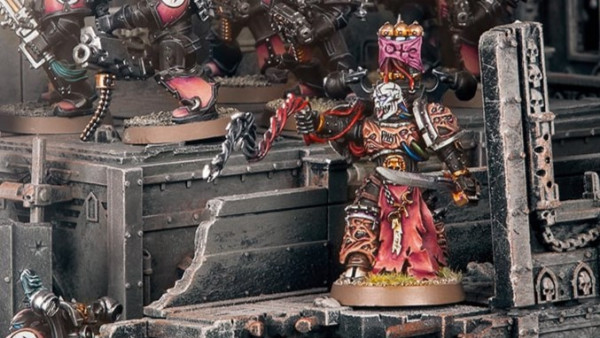






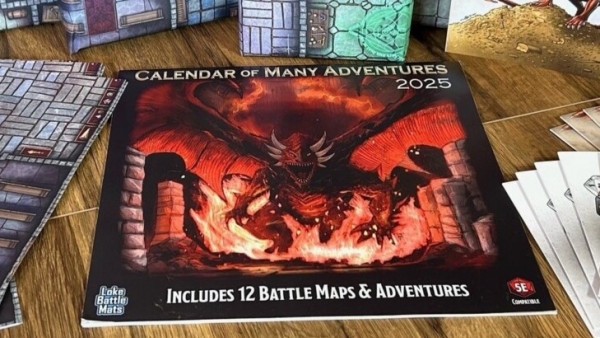

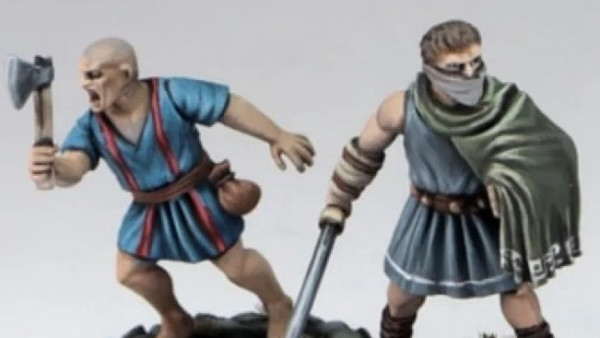









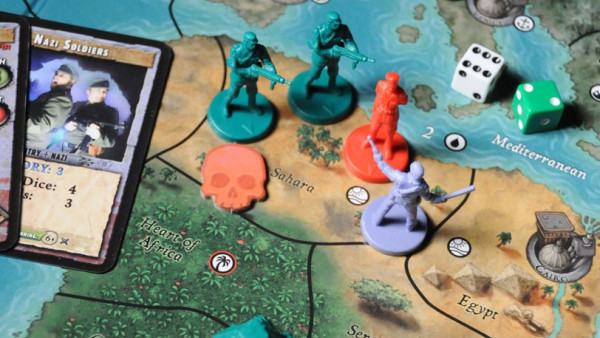
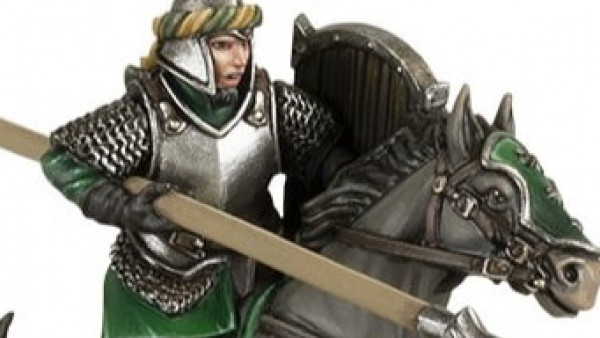


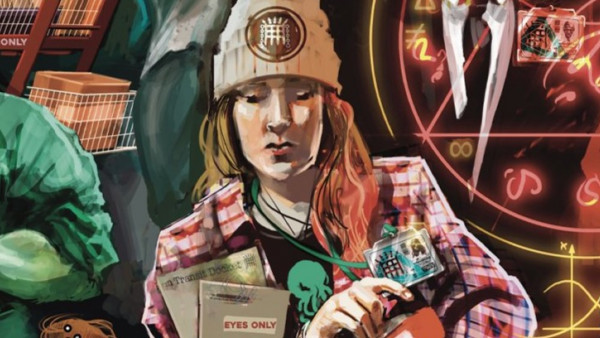

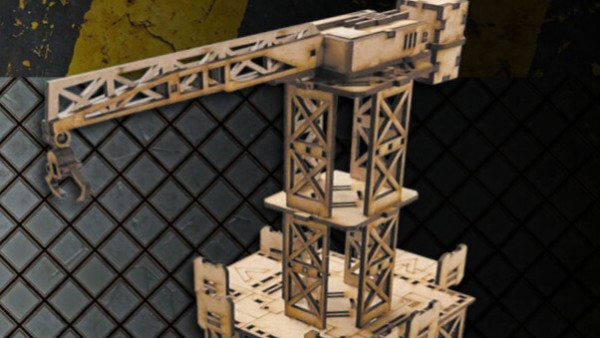
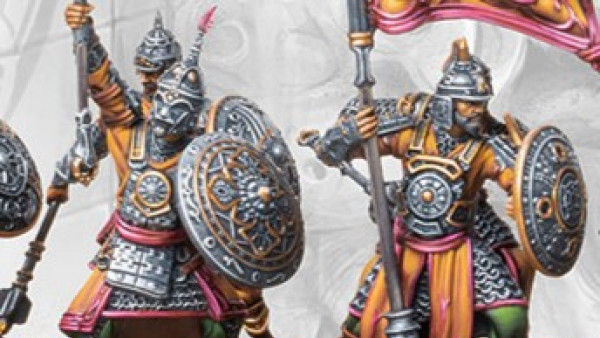

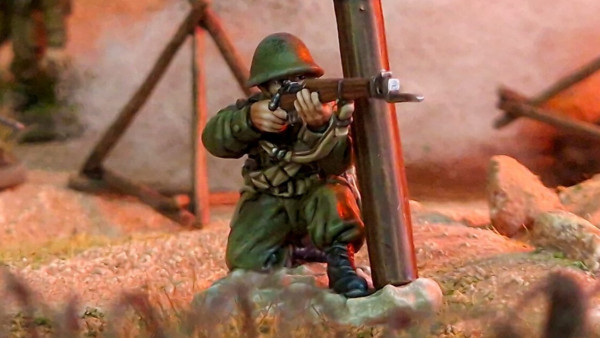


Big thanks to @dracs who did a lot of the leg work on this article
If I have to sift through another banks’ policy statements ever again it will be too soon.
Nice one bow!
Good summation I would also like to add that with online retailing there is international retailing. There some consumer protection within the EU. For UK shoppers buying from a retailer based in the EU, UK consumer legislation is still applicable. For EU members buying from the UK, I think similar protection is offered. 1. The national consumer association in your country. You can find national consumer organisations here: ec.europa.eu/consumers/cons_org/ass ociations/index_en.htm 2. The European Consumer Centres Network (ECC-Net) This network of consumer advice centres helps consumers specifically with cross-border disputes. It was set up in January 2005 by the European Commission… Read more »
Good job guys! this ought to be a lot of help to many people 🙂
Odd this has not got more comments. Well done Dracs for sifting through all our posts on the Maelstrom situation and coming up with the info for Warren to give more of a highlight to. The problem also is and was and still is complicated by it. To all visual intent Maelstrom games are still trading though no one supplies them and they apparently have been taken over by another company that is operating out of their premises with exactly the same trading intent. For us as consumers its rare to be caught blind like this and this trick is… Read more »
I cannot be certain, but I would expect that the new company takes on the debts as well as credit on the previous business’s trading and therefore are still liable to provide the goods or refund all monies.
Have tried to find some info on this without success as yet.
I did find this which may be useful as it has some templates for writing letters which should be undertaken asap imho, and sent by recorded delivery
http://www.moneysavingexpert.com/shopping/how-to-complain#prepare
Its a fantastic article bar none, However it is also a very sobering one as well. I was really hoping to see the UK and other parts out there pushing through and doing better. Americans like myself are a bit twisted when it comes to our toys and entertainment. Its ok if the house is falling apart and the X ole lady is unleashing the hell hounds to drag my sorry ass back to court. In order to bang me for more support money. As long as I have atleast some funds to throw at what amuses me, I will… Read more »
Hi guys, Good article, however a lot of people don’t expect this kinda things even from a reliable, company like MaelstromGames. The same happened with me, I pre-ordered stuffs about 60 pounds in August but they’ve not sent them to me yet and I’ve been trying to contact them via e-mail, phone and nothing has been done… It seems that I’m f…ed up. So be aware! Previously I ordered a bunch of things from them and there wasn’t any kind of problem. I’m going to make contact with PayPal and I’ll see if there is any chance to get back… Read more »
You need to write to them and also check online regarding your own country’s consumer rights protection.
Also see my previous post regarding EU membership and consumer protection.
Don’t give up yet and good luck
well done for posting on a subject that otherwise does not effect you as a forum. This is a great use of the forum as a way to generate content and must be commended
This is a touchy topic for me as I had something like this happen to me. The local hobby shop was doing fine but one of the owners had lets just say a bad habbit of spending and not paying rent for the store. We would go ther often and when the doors where locked with chain and all we where in shock. The place was nice and we would all game at the store so much that they had lockers for many of us. I’m glad the landowner was kind to open the doors for us to take out… Read more »
Really useful piece of sheet! Big thanks!
nice post. Living outside de golden area of US/Europe and a ocean far away, I was always worried about this. With the embargo, the fall of Maelstrom, the lack of attention with foreign costumers with no emails answered, I decided to use my hard earned money to buy straight to the producers, or small companies that are doing amazing work. And leave the big purchases when a friend goes to UK or US. For us it´s just like being back to the dark ages where we had a hard time to buy stuff we want. Also the economic scenario of… Read more »
One important thing on Section 75. It only applies to purchases of a single item worth £100 or more. It will not apply for purchases of multiple items worth less than £100 which add up to that. I can only emphasise – start any chargeback you need to make right away.
That is sad, but during the pandemic period this situation is so widely spread
Good time of day! Bankruptcy is always a very difficult process, both financially and legally, and mentally. I went through this procedure once in my life and it was just awful. The only thing that pleased me was the lawyer who helped me in everything. More information here if you are interested in it.